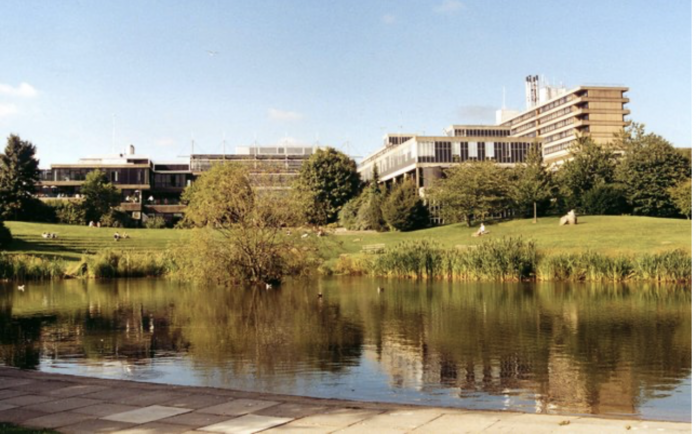What you need to know about getting qualified
In this issue we are taking a no-holds barred approach to teaching qualifications and how they help with an EFL career. The online world is full of enticing adverts for TEFL training courses which are as cheap as chips, but won’t get you a job in a burger bar.
On page 17, we explain to a novice teacher that the single most important qualification is a first degree, ideally coupled with an accreditation certificate from a course which lasts 120 hours and includes six hours of teaching practice. In a world where teaching covers all age groups and can be delivered in person or online, what kind of teaching practice do you really need? And what does accredited actually mean? Find out on page 18.
On page 20 we look at Master’s degrees. It’s not necessarily the best place to start a career – unless your country accepts it as a teaching qualification – but absolutely the best path to progress to a better job for those already in EFL and beats the poor, declining EFL dip into a cocked mortarboard.
Finally, for those who love teaching but want to escape the long hours and low wages of the EFL industry, we introduce the international Post-Graduate Certificate in
Education (iPGCE) which, as we explain on
page 22, qualifies you to work in the booming and well-paid world of the international school, often for the same price as the dear old and dying EFL dip.

MELANIE BUTLER,
EDITOR IN CHIEF







